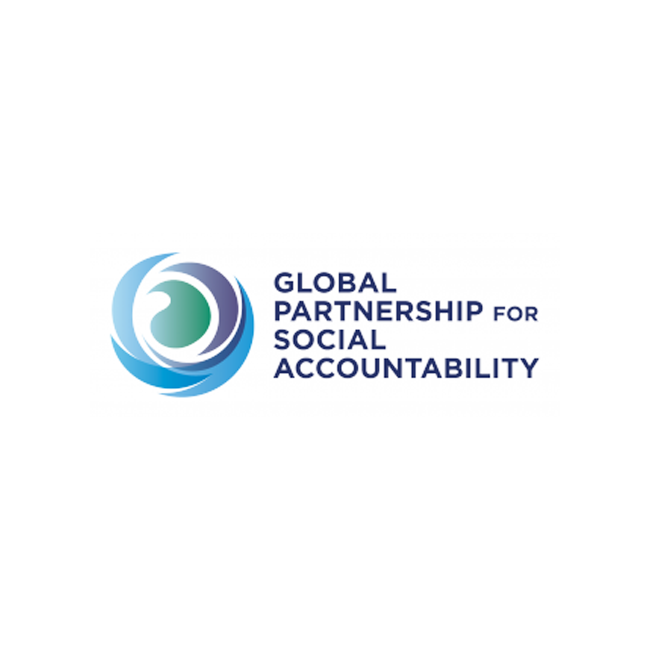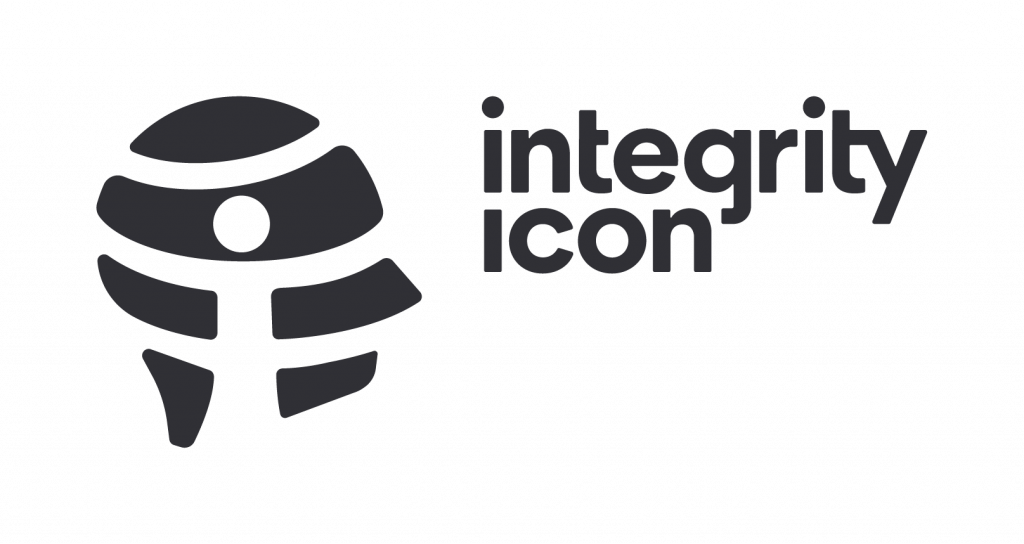event
Why “naming and faming” matters for social accountability practice
Meet four of Accountability Lab’s Integrity Icons from Nepal, Liberia and South Africa and hear how doing the right thing in emergency response – and being famed for it – is a powerful motivator for shifting behaviors and changing norms. We invite you to think with us why and how icons like them are an integral part of collaborative social accountability’s practice.
April 22, 2020 | 9:00 am EDT
about the webinar
A large portion of anti-corruption work focuses on corruption as the problem and on wrong-doers as the perpetrators. Similarly, much social accountability literature is focused on accountability as “sanctions.” One challenge with this approach is that it doesn’t always reflect what is going on in communities where citizens and providers work together to solve problems. Another challenge is that the focus on wrong-doing does not generate much hope that things are changing, or a sense that there is a different reality that we can all help to build. And in some circumstances, it can further reduce trust in government, which is part of the problem itself.
After working on these issues over time – and talking to young people in particular about their perceptions of accountability and anti-corruption – at Accountability Lab they realized that there is another, complementary approach. They call it “naming and faming” instead of “naming and shaming”. They look at integrity as the answer and the “do-gooders” as the role-models we can all emulate. By lifting them up, supporting coalitions among them and pushing for new, collective shifts towards positive solutions, we can show that change is possible.
Meet four of Accountability Lab’s Integrity Icons from Nepal, Liberia and South Africa and hear how doing the right thing in emergency response – and being famed for it – is a powerful motivator for shifting behaviors and changing norms. We invite you to think with us why and how icons like them are an integral part of collaborative social accountability’s practice.
Read the following case studies from Integrity Icon South Africa:
- Nurse Elizabeth Mkhondo;
- Gugu Mlotshwa, a community health facilitator;
- Sakhile Nkosi, a young audiologist.
speakers
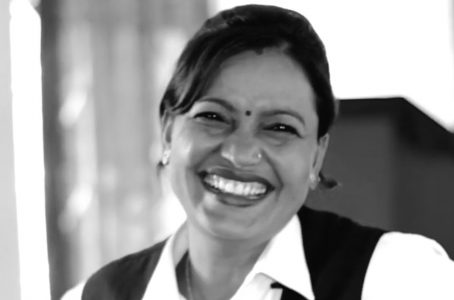
Sita Sharma
Sita is a committed health worker and friend to women and adolescent girls from Nepal. She is the Auxiliary Nurse Midwife for Birendranagar Municipal Health Office, Surkhet. Sita is accountable to all those she is responsible for, ensuring that all flood-affected areas, schools and rural communities have the health education and medication they need. Her colleagues agree that her unwavering commitment to women and girls pushes them to work harder, and their own integrity for their work increases just by following Sita’s lead.
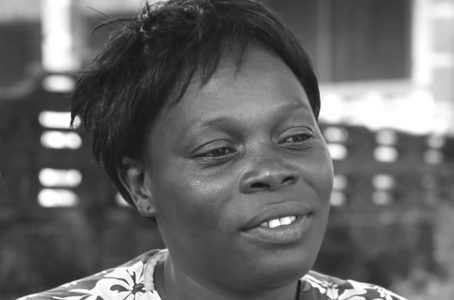
Jugbeh Tarpleh Kekula
Jugbeh is a dedicated registered nurse who works in the emergency room at the Liberia Government Hospital in Buchanan, Grand Bassa County. She also volunteers to provide birth control and family planning information at a market in Buchanan. “I became a nurse because I love the nursing profession,” she said. “I love serving humanity, I love helping to save lives one way or the other. I just love serving my nation, serving my people.”
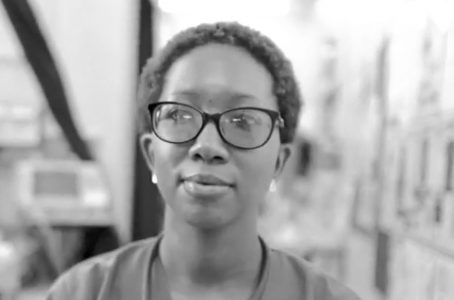
Mirja Delport
Mirja is a doctor at the Oudtshoorn District Hospital, in South Africa. Her personal experience of the public healthcare challenges inspires her to ensure that patients are directed to the correct health care access points to facilitate timely treatment. Dr Delport also works at local community-based clinics in Dysseldorp in the Western Cape. She shares “Integrity for me is following up on all my patients and not letting one slip through the cracks. It is advocating for their care when they are not able to and it is a commitment to doing right.”
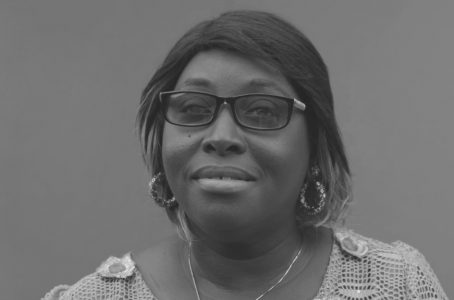
Rebecca Scotland
Rebecca is a Physician’s Assistant Instructor at the Tubman National Institute of Medical Arts, Liberia. Outside of work she teaches health at her church. Rebecca knows the future of Liberia’s health system rests in the hands of the practitioners she is training. In a country where students are known to bribe instructors for good grades, Mrs. Scotland is an exception.
moderator

Sheena Adams
Sheena is the Global Director of Communications at the Accountability Lab. She has worked for major national newspapers, websites and magazines, building up experience in publishing, research and multi-channel storytelling. She has interviewed presidents as a parliamentary journalist, and also a wide spectrum of African entrepreneurs as group editor-in-chief of a Johannesburg-based magazine publishing house. Gender equity, development and entrepreneurship have been particular areas of interest. Sheena’s currently completing a master’s degree in digital journalism.
presenting partners
